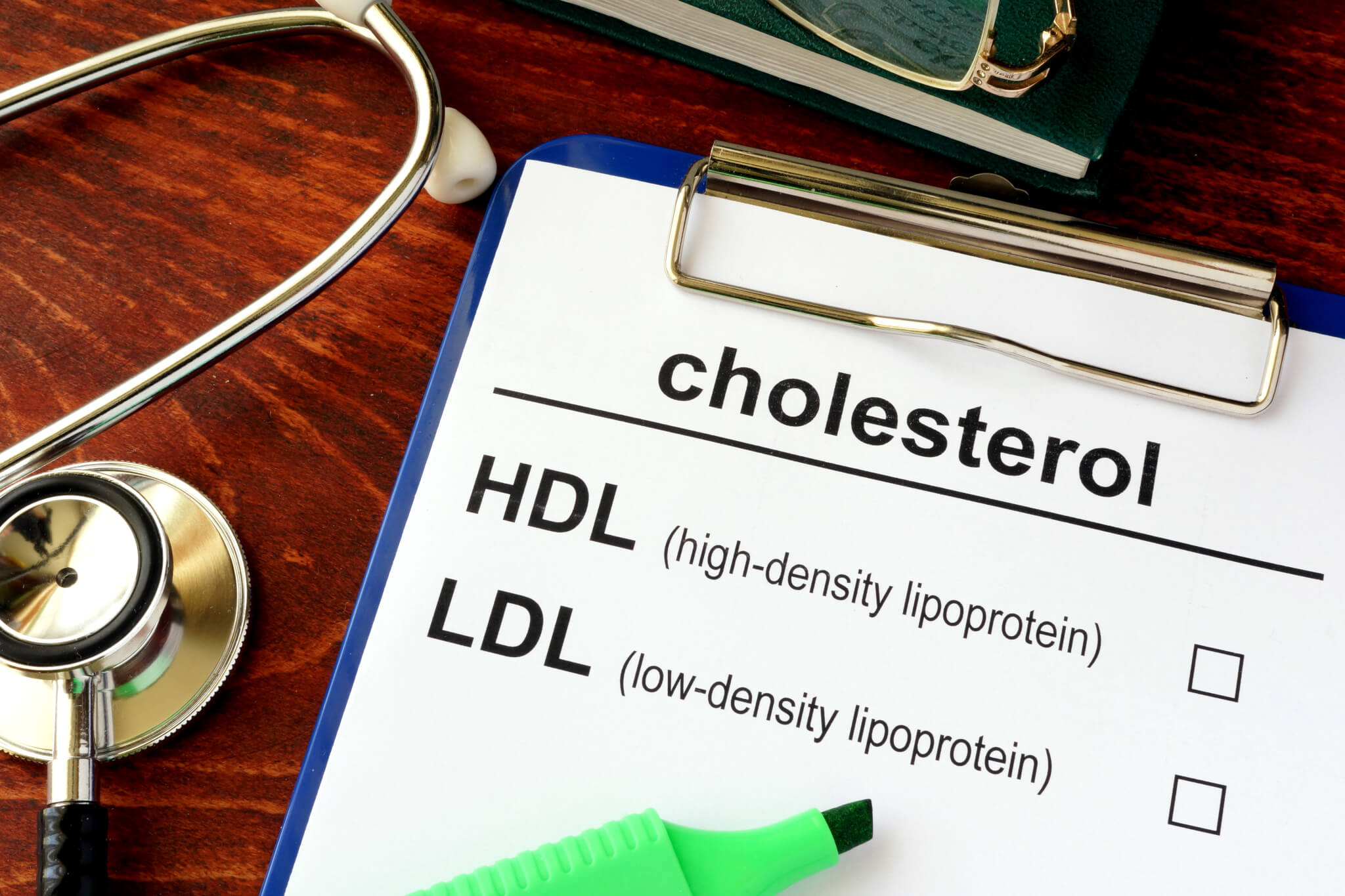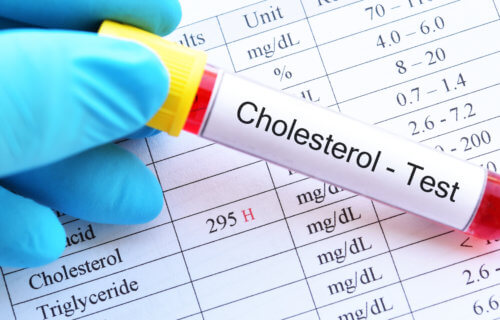Cholesterol often gets a bad rap, but it’s a crucial component in our bodies. Misconceptions abound, so let’s dive into the facts and dispel some myths.
Cholesterol is a waxy, fat-like substance found in every cell of our bodies. It’s essential for making hormones, vitamin D, and substances that help digest food. Our bodies produce all the cholesterol we need, but we also get it from animal-based foods.
Not all cholesterol is harmful. There are two main types: LDL (low-density lipoprotein) and HDL (high-density lipoprotein). LDL is often called “bad” cholesterol because high levels can lead to plaque buildup in arteries, increasing heart disease risk. HDL, the “good” cholesterol, helps remove LDL from the arteries.
Alongside cholesterol, triglycerides are another type of fat in the blood. They’re used for energy, but high levels can also increase heart disease risk, particularly in women.
When it comes to your cholesterol, it’s important to know your numbers. Getting a cholesterol test is key to knowing your health status. Ideal levels are LDL below 100 mg/dL, HDL above 60 mg/dL, and triglycerides below 150 mg/dL.
Total cholesterol, calculated by adding LDL and HDL plus 20 percent of triglycerides, should ideally be below 200 mg/dL.

‘Cholesterol-Free’ Can Be Misleading
You might see “cholesterol-free” on plant-based products. This is technically true but misleading, as plants don’t contain cholesterol. The main concern is saturated and trans fats, which can raise bad cholesterol levels.
Diet plays a huge role in all of this. Saturated fats, found in animal products and some oils, can increase your LDL levels. Conversely, foods rich in unsaturated fats, fiber, and omega-3 fatty acids can improve your cholesterol profile.
What Actually Keeps Cholesterol in Check?
Regular physical activity can boost your HDL levels while lowering LDL and triglycerides. Just 30 minutes of moderate aerobic exercise daily can make a significant difference.
While lifestyle changes are first-line treatments for managing cholesterol, medications like statins are sometimes necessary, especially for those with a high risk of heart disease.
Your genes can also influence your cholesterol levels, meaning even healthy individuals can have high cholesterol. Regular check-ups are essential for everyone.
Managing cholesterol is an ongoing process. Regular check-ups, a balanced diet, exercise, and, if necessary, medication can keep your levels in check and reduce the risk of heart disease. Understanding cholesterol is crucial for maintaining heart health. A balanced lifestyle and regular monitoring are essential. Remember, knowledge is power in managing your health!

Please tell me why homosistein levels and c-reactive levels are not monitored in insurance paid testing?….much better indicators to heart risks…right?
You forgot to mention (or maybe purposely did not mention judging from the tone of the article) that saturated fat also raises HDL (“good”) cholesterol. The ongoing demonization of saturated fat is indeed puzzling! We know so much more now…